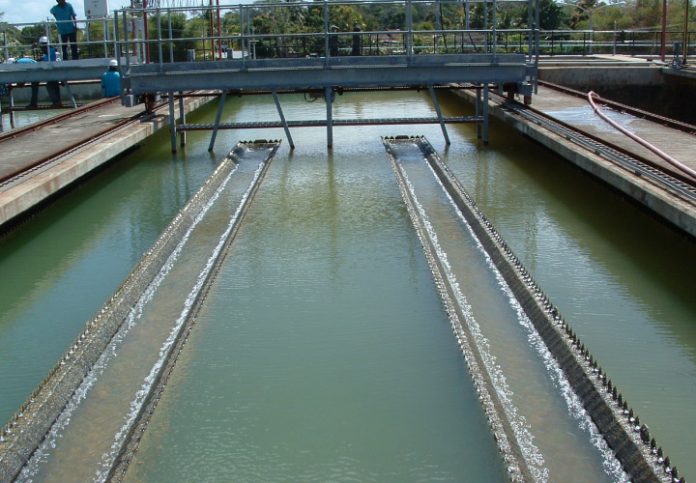ISLAMABAD: The Planning Commission is working on one of its key goals of conserving the natural resources to cope with the challenges Pakistan faced by because of water shortage; it is using it to generate power and to ensure sustainable agriculture development in the country.
In this regard the Planning Commission approved four water projects which include two position papers during a recent meeting of Central Development Working Party (CDWP) held here at the Planning Commission.
The projects include Construction of Abato, Daisara and Sanzala dam Chaman, Killa Abdullah. The project aims to construct check dams at three different sites in the south-east from Chaman town to store flood water and recharge groundwater aquifer. The project will be completed in a period of 18 months at a cost of Rs 300 million.
CDWP approved Construction of small storage dams, retention weirs and I.S.S.O barrier in Sindh with a total cost of Rs 886 million. The objective of the project is to conserve/store rain flood water to raise the subsoil water and supplement the existing barani irrigation system which will provide recreational and employment facilities to the local people.
In addition, CDWP approved one position paper and recommended one to the ECNEC which includes the establishment of Pakistan glacier monitoring network and command area development Kurram Tangi dam with a cost of Rs 892 million and Rs 5091 million respectively.
The expected output of the projects is to establishment on-form irrigation system that ensures efficient use of water to achieve enhanced productivity of fields, improving processing capability and strengthen the monitoring of river flows and the weather conditions in the glaciated area of the Upper Indus Basin.




